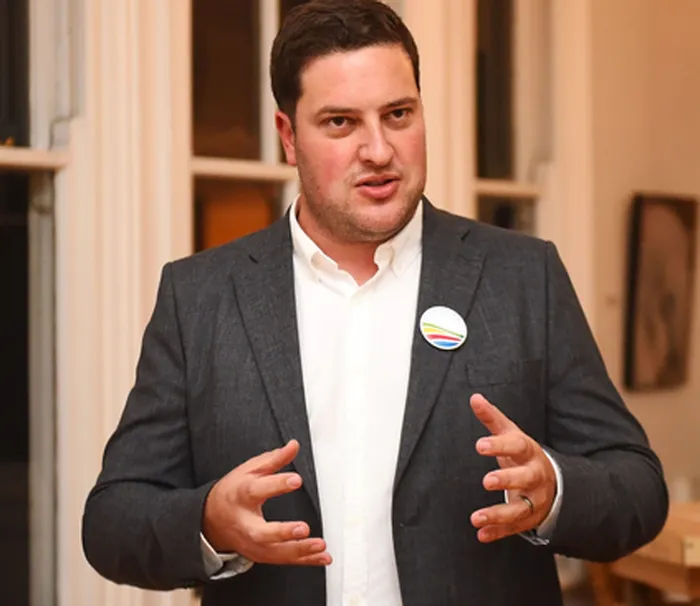Budget cuts hurt Cape Town: Mayor slams government slashing pro-poor funding

CRITICISMS: Mayor Geordin Hill-Lewis
Cape Town Mayor Geordin Hill-Lewis has slammed the Cabinet for choosing to take money from the poor instead of curbing wasteful government spending.
This follows nationwide cuts to grant funding for municipalities and provinces, as announced in yesterday’s Medium-Term Budget Policy Statement (MTBPS) by Finance Minister Enoch Godongwana.
The mayor says these cuts amount to over R107m for Cape Town’s human settlements grants in 2023/24 alone.
Hill-Lewis says: “The Finance Minister had every chance to cut wasteful government expenditure, including R3.5bn in VIP security. Several national government departments also serve no purpose other than to bloat the Cabinet.
“South Africans would not miss departments such as Small Business, or Women, Youth and Children, to name just a few that could be cut. But the most vulnerable will feel the cuts to grant funding for a range of critical pro-poor services.
“The President and his Cabinet have chosen waste over pro-poor spending, and the consequences will be far-reaching.”
Cuts to Cape Town’s national funding include R37m from the Informal Settlement Upgrading Partnership Grant and R70m from the Urban Settlements Development Grant.
Finance Minister Godongwana yesterday announced measures to revive the economy, crack down on crime and corruption, and stabilise public finances. He also claims the State will be reconfigured and reduced, with some of the departments and agencies closed down and others merging.

The MTBPS says: “Together, these targeted measures are expected to result in savings and long-term gains from improvements in the efficiency of public spending and budget allocations. This is key to managing the public finances prudently and responsibly and will also support longer-term economic growth.”
President Cyril Ramaphosa will give more details on the reconfiguration of the State later. Ramaphosa told the nation earlier this week that despite cost-cutting measures being implemented, they will not reduce spending on social grants.
Godongwana said they were extending the R350 Social Relief of Distress grant until March 2025. This will give the government time to develop a review of the social security programme.
Unions and non-governmental organisations have called on the government to implement the Basic Income Grant.
These groups will also not compromise funding for the police, health, and education.
The MTBPS adds that: “Spending revisions are targeted to protect critical front-line services, including Basic Education, health, and police services.”